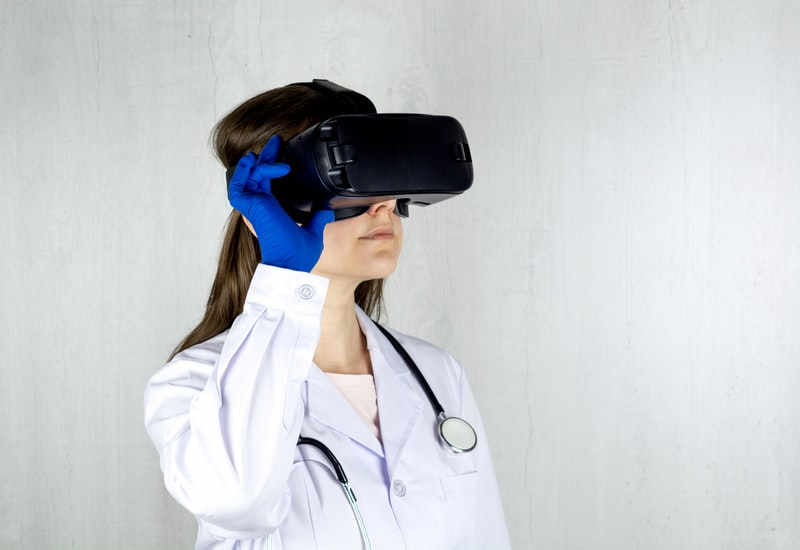
@ShahidNShah


The implementation of remote healthcare telehealth services reformed medicine. The infamous pandemic accelerated the growth of the already substantially expanding industry. With the skyrocketing investment in virtual care, new legal regulations that expand the possibilities of remote healthcare, the telehealth industry is predicted to expand from $3 billion to $250 billion.
Yet, many barriers are hampering telemedicine’s success. This article explores the challenges of telemedicine and examines solutions to resolve current issues. Not only did the pandemic accelerate the implementation of telemedicine, but remote health services became a necessity. 2020 McKinsey research reported that almost 50% of patients opted for telemedicine instead of canceled medical consultations.
Pandemic allowed those who were hesitant to try out telemedicine. Still, there are many challenges to overcome. According to CRICO’s national CBS Database, 66% of malpractice cases in telemedicine from 2014 to 2018 were connected to misdiagnosis. Undoubtedly, misdiagnosis is a serious issue that slows down recovery and can worsen a patient’s health.
High rates of misdiagnosis affect the patients’ health and the cost of healthcare services for providers. Wrong diagnosis leads to more considerable expenses on medications and adjusting the unfit, potentially hazardous treatment. Nevertheless, telemedicine is a part of healthcare, not immune to general issues. Misdiagnoses are not the unique drawback of remote medical inspections.
Continue reading at hitconsultant.net
Consumer and community trust in health care providers and institutions is critical for optimal health, as trust influences willingness to get crucial medical care, preventive screenings, and mental …
Connecting innovation decision makers to authoritative information, institutions, people and insights.
Medigy accurately delivers healthcare and technology information, news and insight from around the world.
Medigy surfaces the world's best crowdsourced health tech offerings with social interactions and peer reviews.
© 2025 Netspective Foundation, Inc. All Rights Reserved.
Built on Apr 25, 2025 at 12:44pm